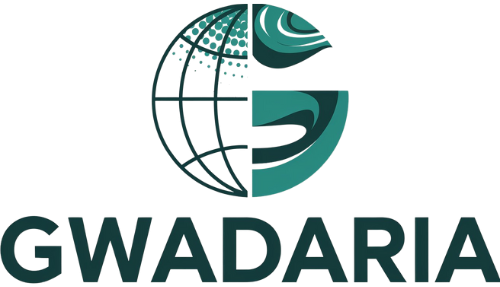Islamabad: 31st July 2024: A high-level meeting took place between Federal Minister for Planning, Professor Ahsan Iqbal, and a delegation of Chinese experts led by Ambassador Wang Fukong from the Chinese Foreign Ministry. The Chinese delegation, which included representatives from ten different ministries, is visiting Pakistan to enhance economic collaboration and address Pakistan’s economic challenges through the second phase of the China-Pakistan Economic Corridor (CPEC).
During the meeting, Professor Ahsan Iqbal outlined key areas where Pakistan seeks to improve its economic performance, requesting insights and support from Chinese experts, who have a proven track record of advancement in these fields.
Key Discussion Points and Areas of Focus
- Shift to Export-Led Growth Strategy
- Professor Iqbal emphasized the need for Pakistan to transition towards an export-led growth strategy to prevent balance of payments crises. He highlighted that as the economy grows, imports rise, but without adequate foreign exchange reserves, this leads to recurring economic issues.
- Learning from China: Pakistan aims to replicate China’s success in boosting exports, with a focus on diversifying its export base and enhancing manufacturing capabilities to better compete in the global market.
- Expansion of the Manufacturing Sector
- Currently, manufacturing accounts for only 12 percent of Pakistan’s economy. Professor Iqbal stressed the need to expand this sector significantly.
- Collaboration with China: The minister called for cooperation in developing industrial zones, improving manufacturing technologies, and workforce training. He noted that China’s rapid growth in manufacturing could serve as a blueprint for Pakistan, ensuring long-term economic sustainability.
- Enhancing Agricultural Productivity
- Although Pakistan is among the top producers of ten different crops, the country’s average production levels remain low. Professor Iqbal highlighted the potential for major improvements in agricultural output by adopting modern farming techniques, advanced irrigation methods, and better crop management practices from China.
- By learning from China’s experience, Pakistan could increase efficiency and productivity in the agricultural sector.
- Improving Dairy Farming Practices
- Pakistan is the third-largest milk producer globally, but the average milk yield per animal is only 1,500 liters, compared to the global average of 6,000 liters. Professor Iqbal sought guidance on improving dairy farming, focusing on better animal health and production efficiency.
- The goal is to implement modern dairy practices to significantly boost the sector’s output.
- Attracting Foreign Direct Investment (FDI)
- Professor Iqbal addressed the urgent need to attract more foreign direct investment, pointing out that Pakistan’s FDI stands at 2 million dollars, whereas Vietnam attracts 38 million dollars despite having half the population.
- Learning from China’s FDI Strategies: He emphasized creating a conducive environment for investors by streamlining regulations and offering incentives. By understanding and adopting China’s successful FDI strategies, Pakistan aims to attract more foreign investment and drive economic growth.
- Transitioning to Export-Based GDP Growth
- To address the ongoing trade imbalance and deficits, Professor Iqbal underscored the importance of shifting from an import-based to an export-based GDP growth model.
- He emphasized learning from China’s trade policies to enhance Pakistan’s trade balance, which is crucial for achieving sustainable economic growth.
- Managing Inflation and Currency Stabilization
- The impact of the International Monetary Fund (IMF) program was also discussed. Professor Iqbal noted that the removal of subsidies had led to inflation, which was further aggravated by the previous government’s planning issues that resulted in the depreciation of the Pakistani rupee.
- Seeking Chinese Expertise: He called on Chinese experts for advice on managing inflation and stabilizing the currency, which could help Pakistan navigate these economic challenges more effectively.
Strengthening Bilateral Cooperation
The visit by the Chinese delegation underscores the importance of bilateral cooperation between Pakistan and China. Professor Ahsan Iqbal expressed optimism that collaboration with Chinese experts would lead to practical solutions, ultimately paving the way for sustainable economic development and prosperity in Pakistan.
The second phase of CPEC is seen as a critical step towards achieving these goals, further solidifying the economic partnership between the two nations.
